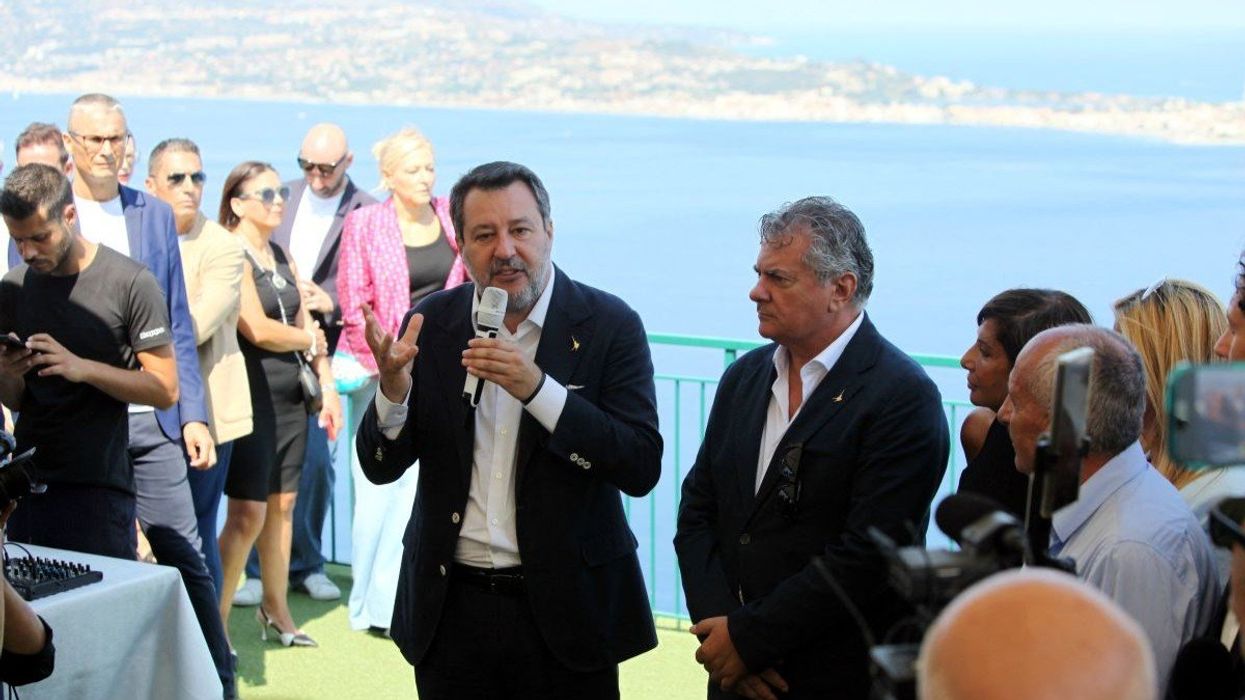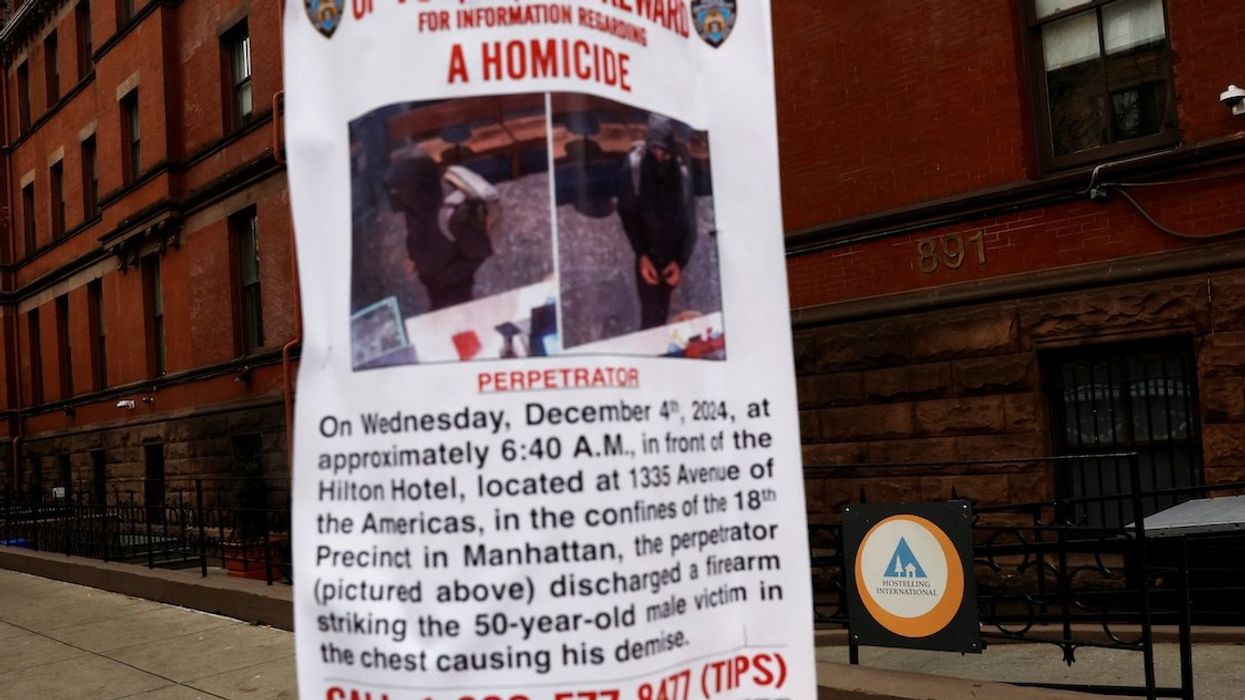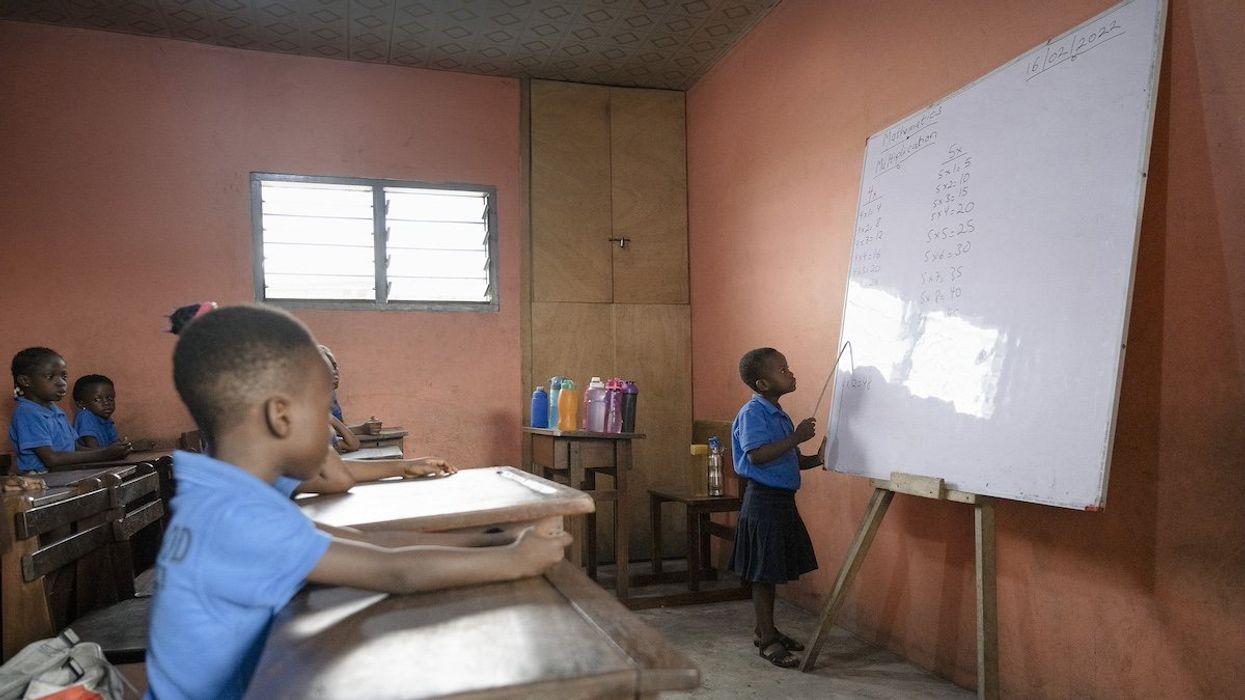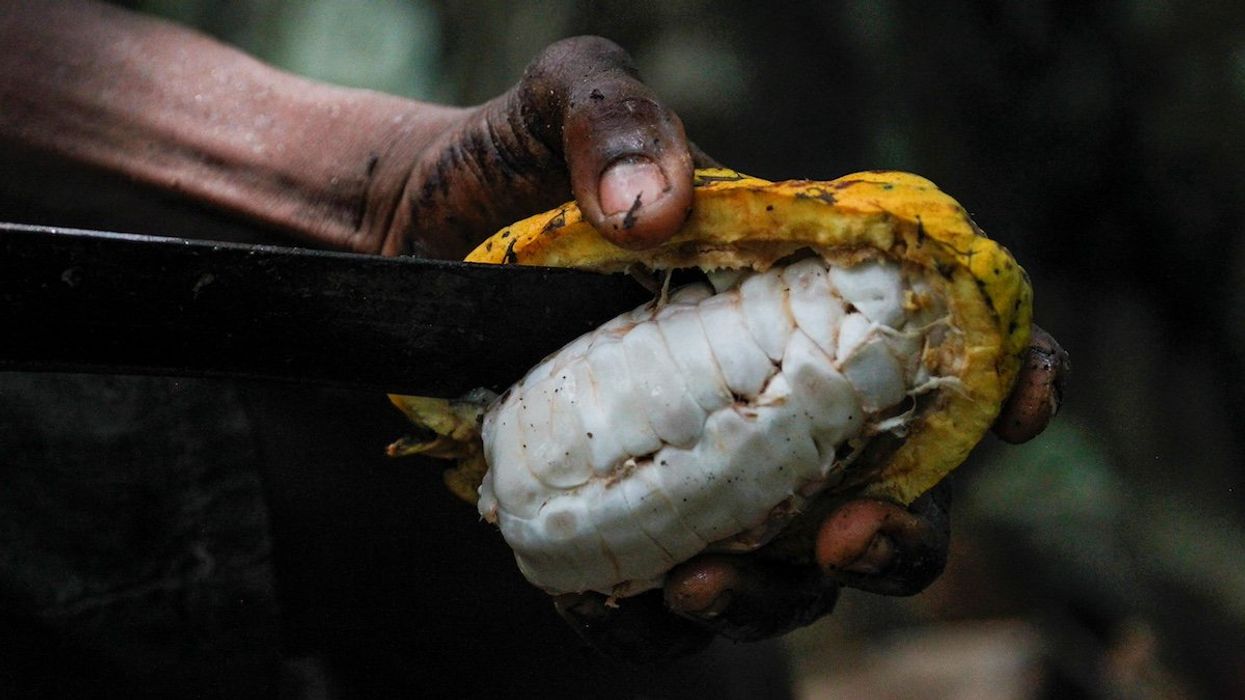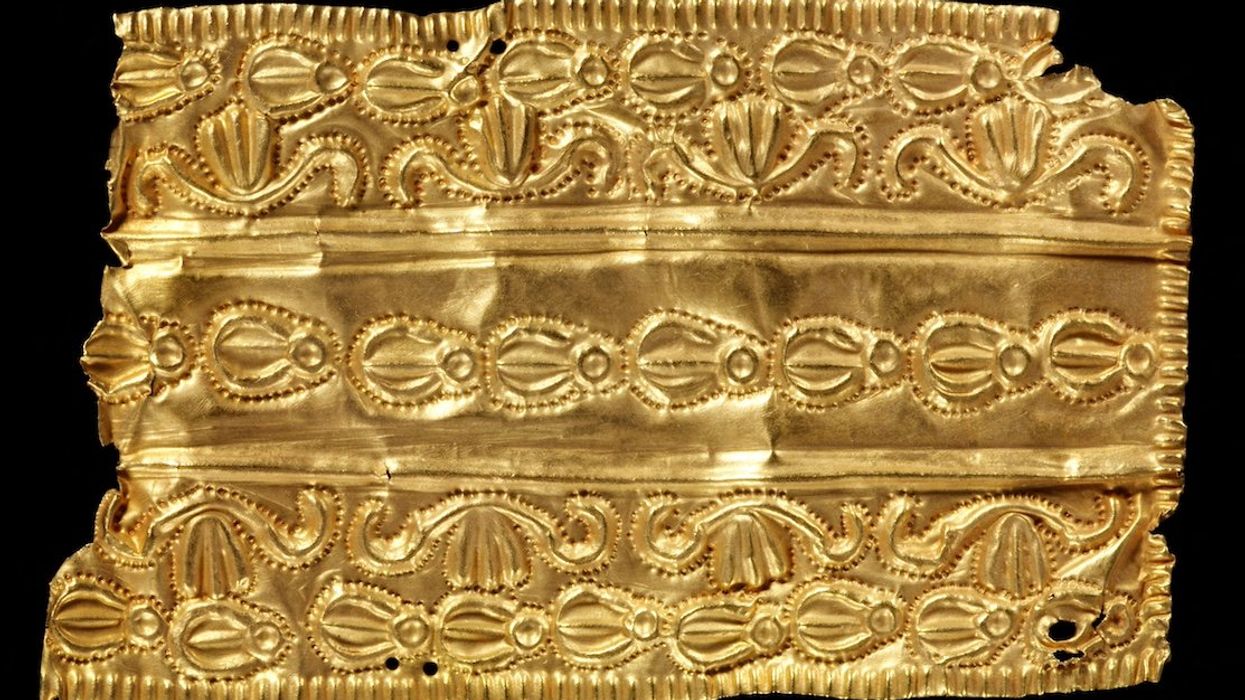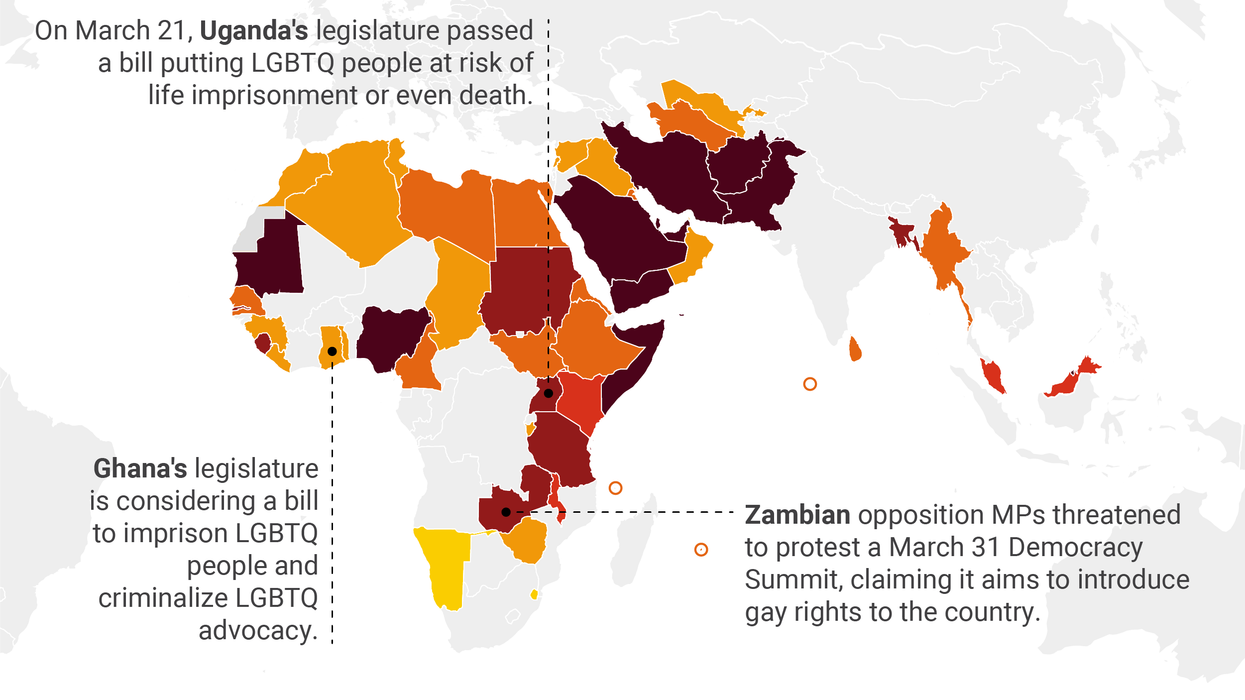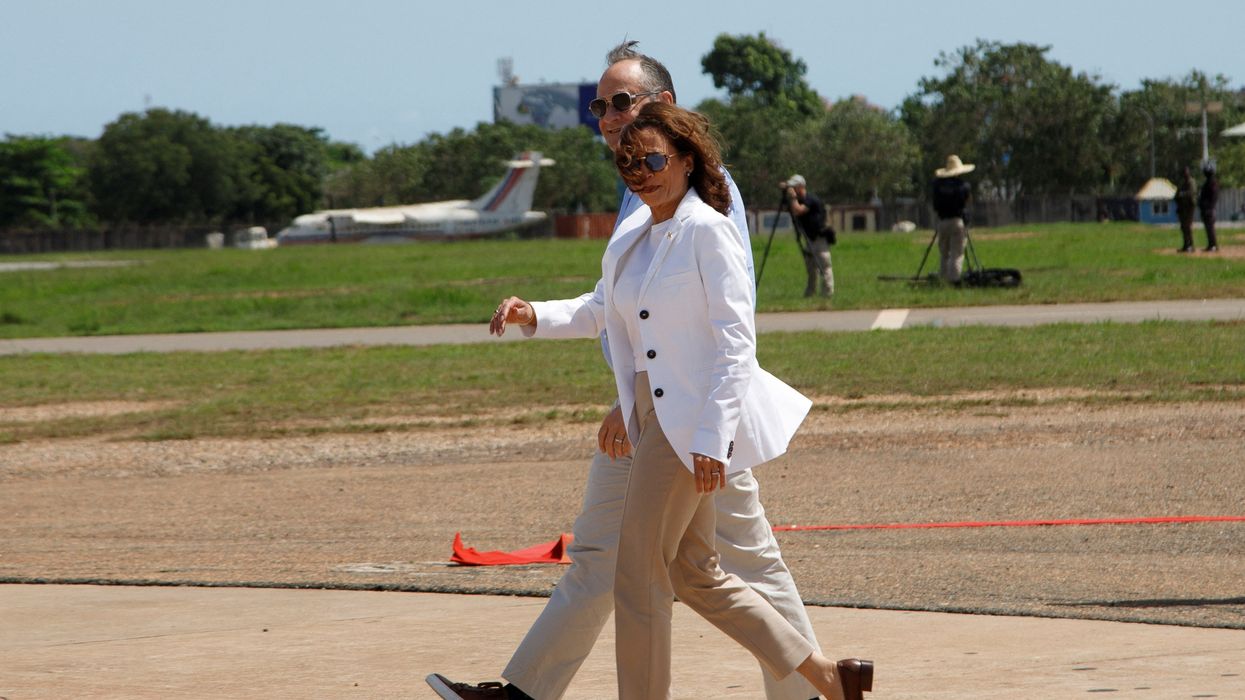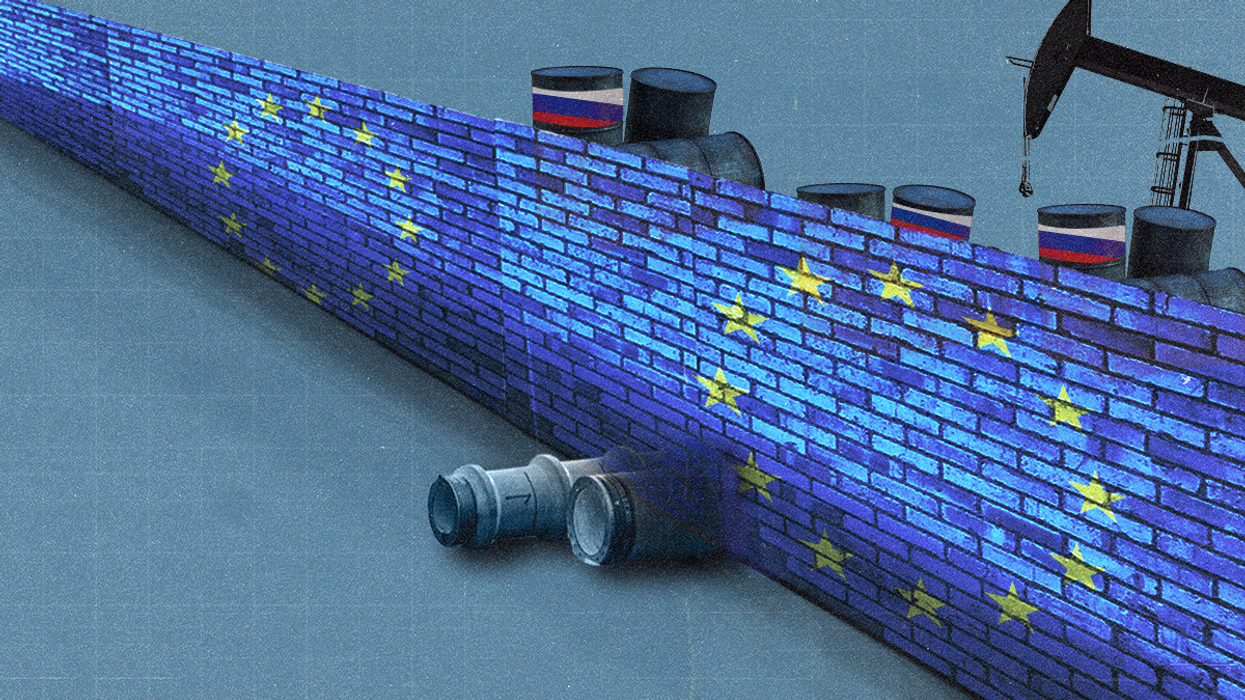What We're Watching
What We’re Watching: Russia allegedly jams European leader’s plane, Ghana’s president fires the chief justice, Earthquakes devastate Afghanistan
European Commission President Ursula von der Leyen’s plane lost GPS navigation while approaching Plovdiv, Bulgaria, on Sunday. Pilots circled for an hour before landing manually with paper maps.
Sep 02, 2025

